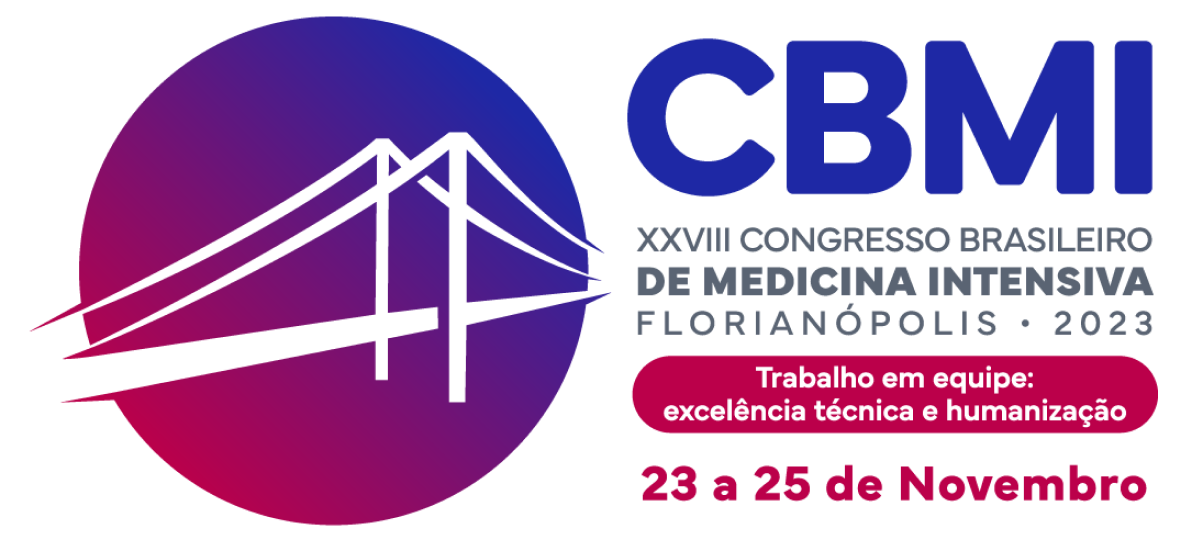Dados do Trabalho
Título
Acute Kidney Failure After Heart Transplantation: Predictors And Prognosis
Objetivo
To identify risk factors and predictors for acute kidney injury that necessitates renal replacement therapy (RRT).
Métodos
An observational retrospective cohort study was conducted involving 162 patients who underwent heart transplantation. Clinical and epidemiological data both before and after surgery were gathered, encompassing comorbidities and treatments.
Resultados
The mean age was 48.6 ± 6.4 years. Among the patients, 24.7% had inotropic usage before surgery, and only 0.6% required ECMO support. The median serum creatinine was 1.2 (IQR: 1.0 - 1.6) mg/dL, and the estimated glomerular filtration rate median was 60 (IQR: 46.5 - 78.0) mg/mL/m2. Notably, 8% were diabetic, 41.4% had hypertension, and 66.7% were on angiotensin-converting enzyme inhibitors or angiotensin II receptor antagonists. After surgery, 32% of patients required RRT. Out of the total, 56% experienced post-transplant instability (defined by norepinephrine use > 0.1mcg/kg/min >1 hour). The mortality rate was 32.4%, and the average survival time (from transplant to 08/30/2018) was 1204.3 ± 955.5 days. Inotropic use (p-value: 0.004, CI: 1.40 - 6.31), pre-transplant chronic kidney disease (CKD) (p-value < 0.0001, CI: 1.78 - 8.28), and the coexistence of systemic hypertension and CKD (p-value: 0.032, CI: 1.06 - 4.68) exhibited significant associations.
Conclusão
A considerable need for post-transplantation RRT (32%) was observed. Pre-transplant risk factors independently linked to new-onset RRT encompassed renal function (OR for low eGFR: 3.74) and inotropic use (OR: 3.2). Other factors during the per-or-post-transplant periods did not demonstrate statistical significance. Patients undergoing post-transplantation RRT experienced shorter survival times (920 vs 1276 days, p-value: 0.019).
Área
Suporte Nutricional, Metabólico e Renal
Autores
Rodrigo Santos Biondi, Vitor Salvatore Barzilai
